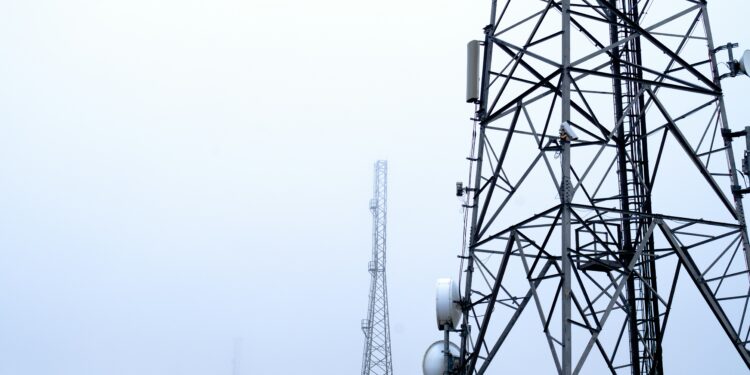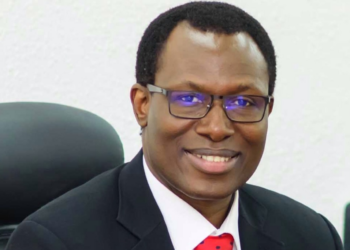The Association of Licensed Telecommunications Operators of Nigeria (ALTON) has said that some states in the country may be locked out of telecom investments and improved connectivity because of their hostile policies.
Speaking over the weekend at the unveiling of Nigeria’s first Digital Museum, ALTON Chairman, Engr. Gbenga Adebayo said the telecommunications industry is once again experiencing strong growth after years of sluggish investments.
However, he cautioned that state-level policies such as excessive levies, right-of-way bottlenecks, and other unfriendly regulations could derail this progress.
“The digital train is moving very fast. States that create hostile conditions for telecom operations risk being left behind. Where deployment is unwelcome, investments will move to more supportive neighbouring states, and citizens of unfriendly states will inevitably suffer limited connectivity,” Adebayo said.
Connectivity gaps could widen
According to Adebayo, telecom operators are currently expanding aggressively, building new sites, upgrading infrastructure, and migrating more capacity to high-speed fibre links.
He added that these investments are at the highest levels since before the COVID-19 pandemic, but warned that without enabling environments at the state level, not all regions will benefit equally.
For citizens, this could mean slower broadband rollout, fewer investment-linked jobs, and reduced access to digital services.
“We will not continue to solicit endlessly for cooperation,” Adebayo stressed, pointing out that telecoms infrastructure tends to flow to states that actively support deployment.
Industry optimism tempered by governance issues
Despite these concerns, Adebayo praised ongoing reforms by the Federal Government, especially efforts to tackle multiple taxation through the Presidential Tax and Fiscal Policy Reform Committee.
- He noted that over 56 taxes and levies are currently borne by telecom operators, but upcoming reforms expected in January 2026 should reduce this burden and encourage more investment.
- He also welcomed the inauguration of the new NCC Board, chaired by Idris Olorunimbe, describing it as a boost for governance and sector stability, as well as the rebranding of 9Mobile to T2, which he said will strengthen investor confidence.
- The ALTON Chairman said the sector is “on the march again,” thanks to new investments, enhanced site security measures, and workforce training to meet NCC’s service level expectations.
- He, however, appealed to the public to help protect telecom infrastructure, warning against vandalism and the purchase of stolen equipment.
“The transformation we are witnessing in our sector has not been experienced in recent years… but for this to be sustainable, all stakeholders, especially state governments, must play their part.
Telecoms is not just about calls and data, it is a driver of national economic stability and growth,” he concluded.
What you should know
ALTON’s acknowledgement of the recent increase in telecom investments aligns with last week’s disclosure by the Executive Vice Chairman of the Nigerian Communications Commission (NCC) Dr. Aminu Maida.
- According to the NCC boss, the telecom industry had attracted over $1 billion in fresh infrastructure investments this year on the back of its recent decision to return to market-driven pricing.
- According to him, the policy introduced in January and February gave mobile network operators (MNOs) the green light to adjust tariffs by up to 50% after nearly a decade of stagnant pricing.





















